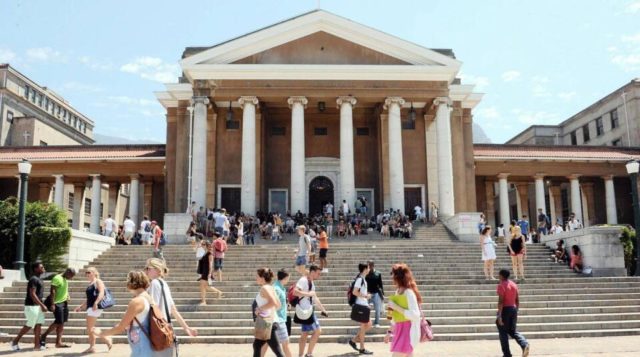Students will be required to sit for invigilated exams (under supervision) during November and December 2020, or as soon as possible thereafter
DETAILS of the 2020/21 university and college examinations have been released by Higher Education, Science and Innovation Minister Blade Nzimande.
Nzimande released the latest protocols from Higher Health for the 2020/21 examination period in the post-schooling education and training (PSET) sector yesterday.
The protocols will guide 26 universities, 50 technical and vocational education and training (TVET) colleges and other post-schooling institutions on how to conduct invigilated examinations during the Covid-19 pandemic.
According to Nzimande, students would be required to sit for invigilated exams (under supervision) during November and December 2020, or as soon as possible thereafter.
A three-pronged approach will ensure safe exam processes and the protection of the lives of invigilators and students.
This includes preparation of the exam venues, materials and training of invigilators before the exam; maintaining safety in the exam venue during the exam; and ensuring safe management of exam materials after the exam.
“The Protocol on Invigilation of Tests and Examinations during Covid-19 within PSET institutions was developed by the PSET health and wellness agency, Higher Health, which has been assisting institutions in managing Covid-19 since the outbreak,” Nzimande stated.
“Adherence to the control measures, as set out in the protocol, is a road map to the successful management of examinations.”
He explained that there were two overarching aspects of the approach to mitigate transmission risks: optimising the engineering and administrative controls such as ventilation, distancing in the exam venues, hand-hygiene, training of additional invigilators, timetable management and regular cleaning and health screening; and individual behaviour including the wearing of masks, distancing and using the HealthCheck self-assessment tool.
The minister stressed that at all times, students and staff should continue to use Higher Health’s HealthCheck, a free digital screening tool tailor-made for the higher education sector and which acts as a daily health passport.
He said the mental well-being of students and staff remained a critical focal area during exams when anxiety and stress naturally increased, especially during this year when the academic calendar was affected by Covid-19.
The dedicated Higher Health mental health 24/7 toll-free crisis helpline to get help is 0800 36 36 36.
Higher Health has trained more than 13 000 front-line staff and 3 200 student volunteers to assist with screenings, education, referrals and other aspects of the daily risk-mitigation across campuses.
Other comprehensive guidelines that have been prepared and rolled out include the management of cluster outbreaks at educational institutions, and the launch of 10 fully furnished mobile clinic units to enhance health services and provide primary healthcare at underserved TVET, community education and training (CET) colleges and university campuses.








